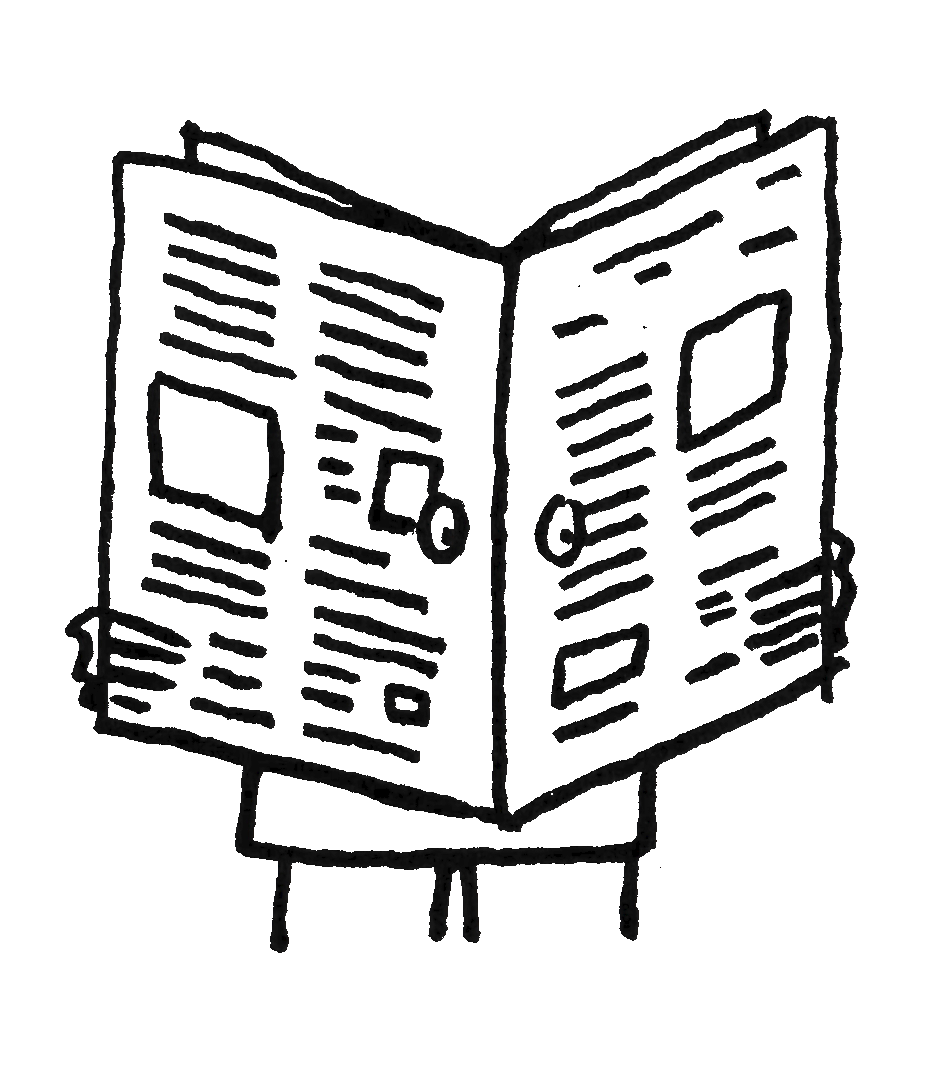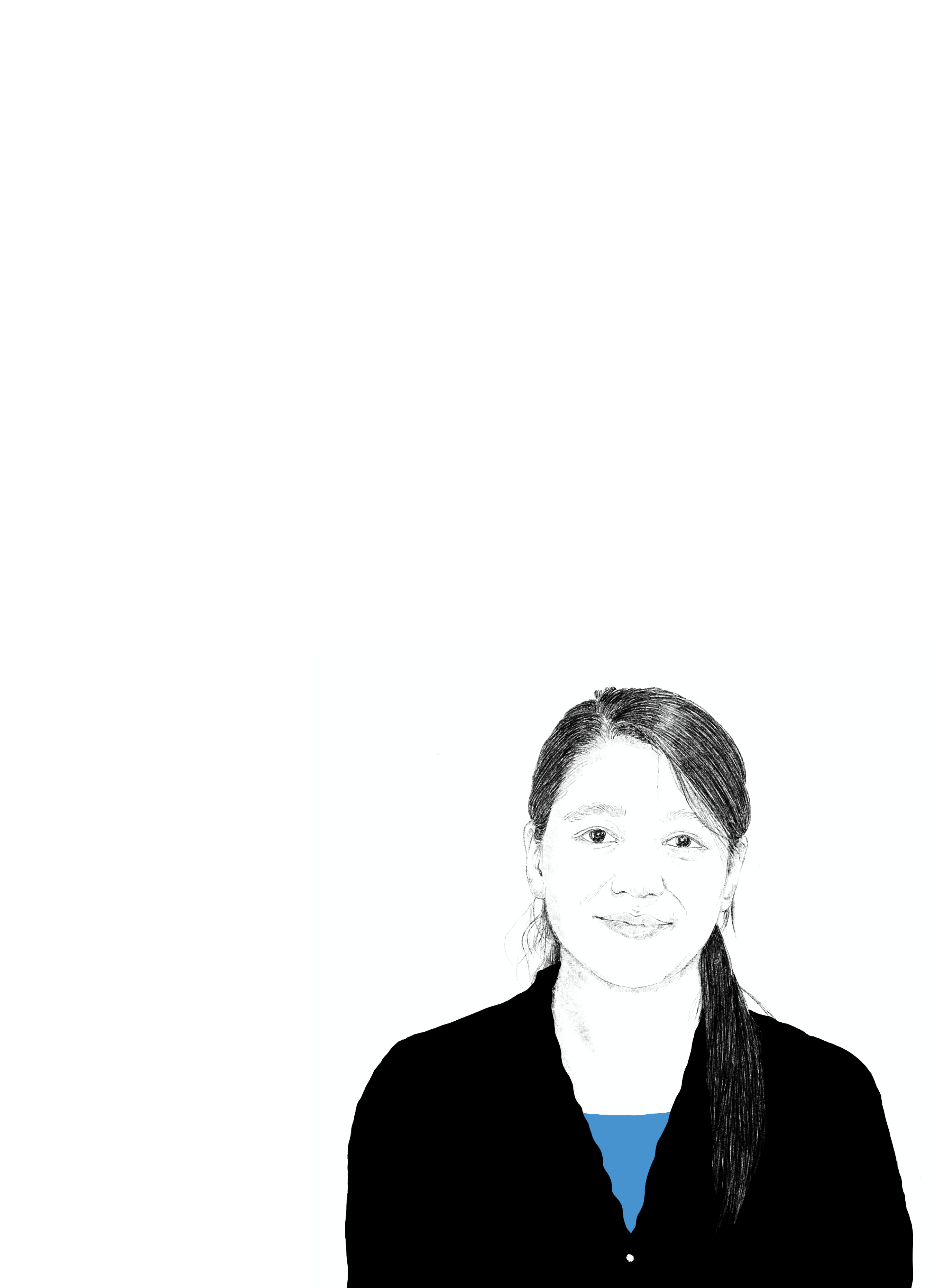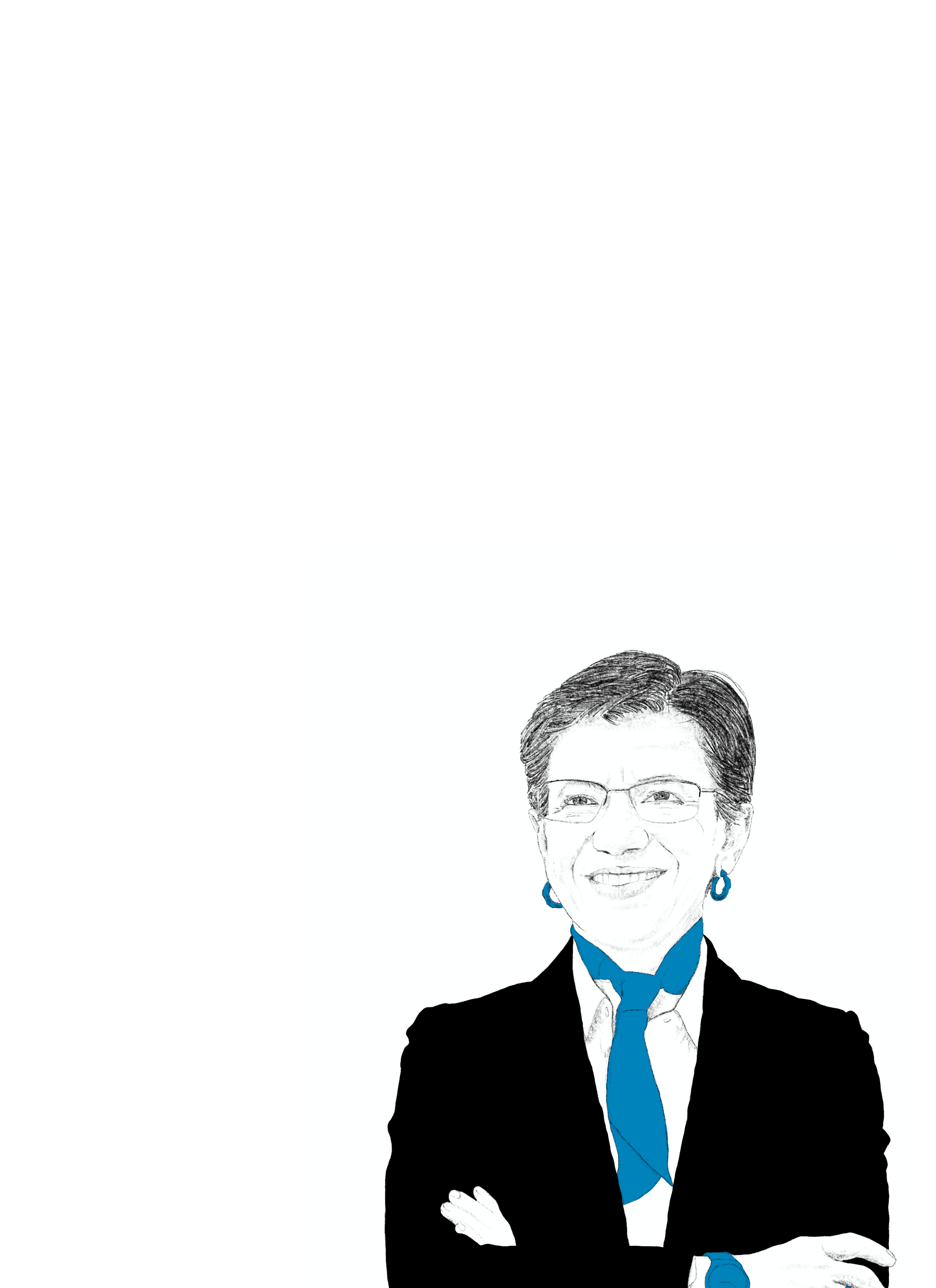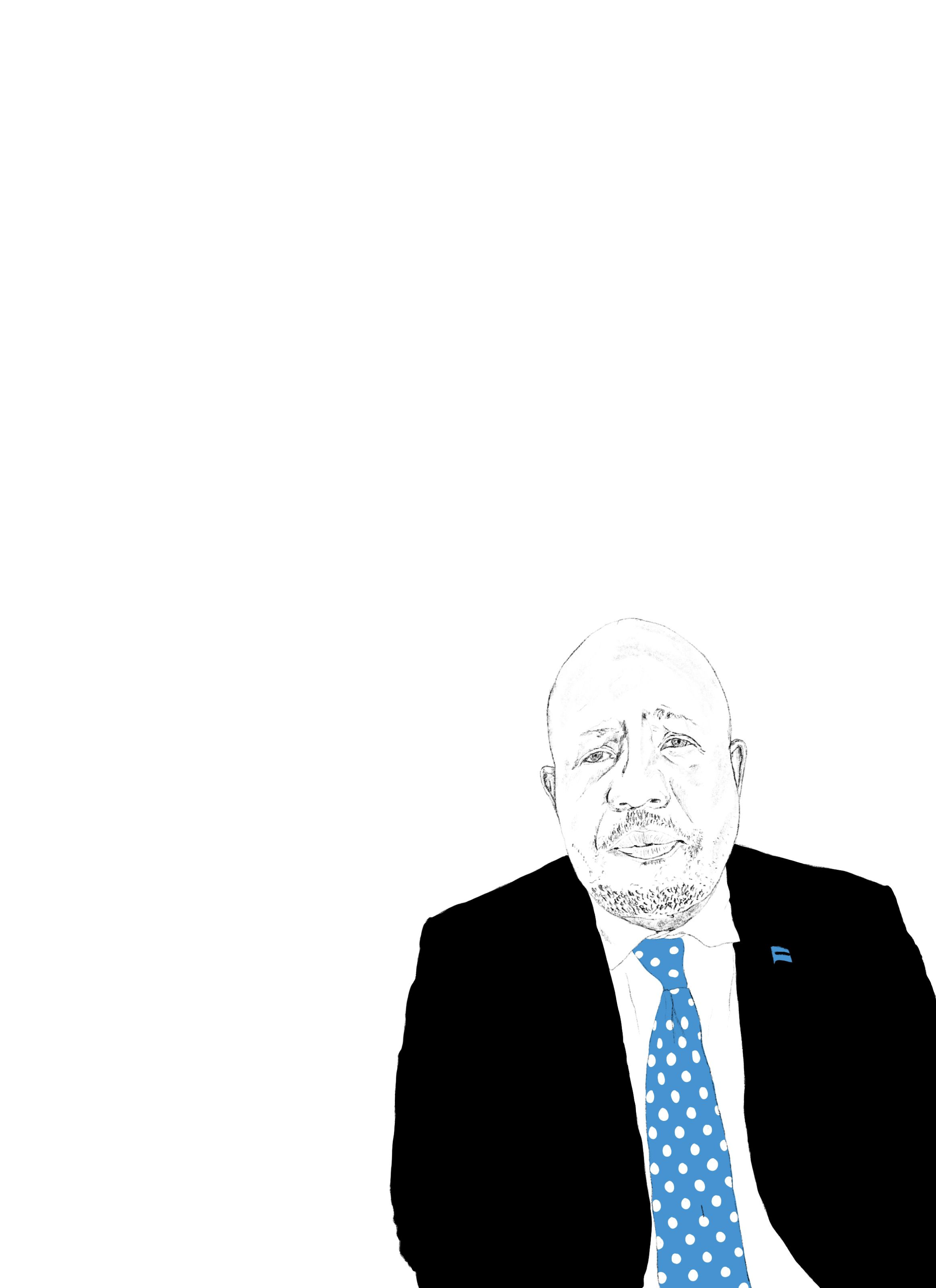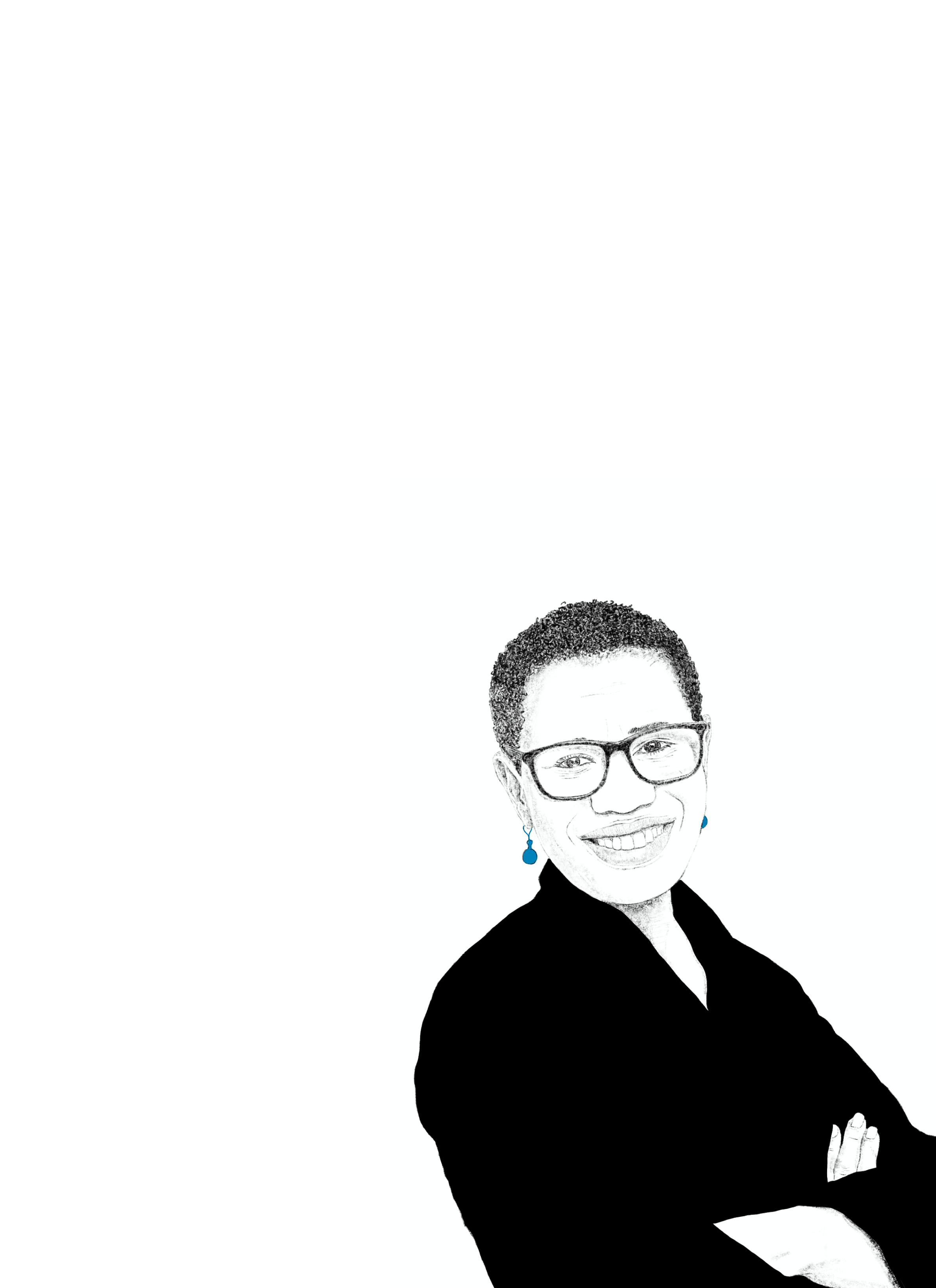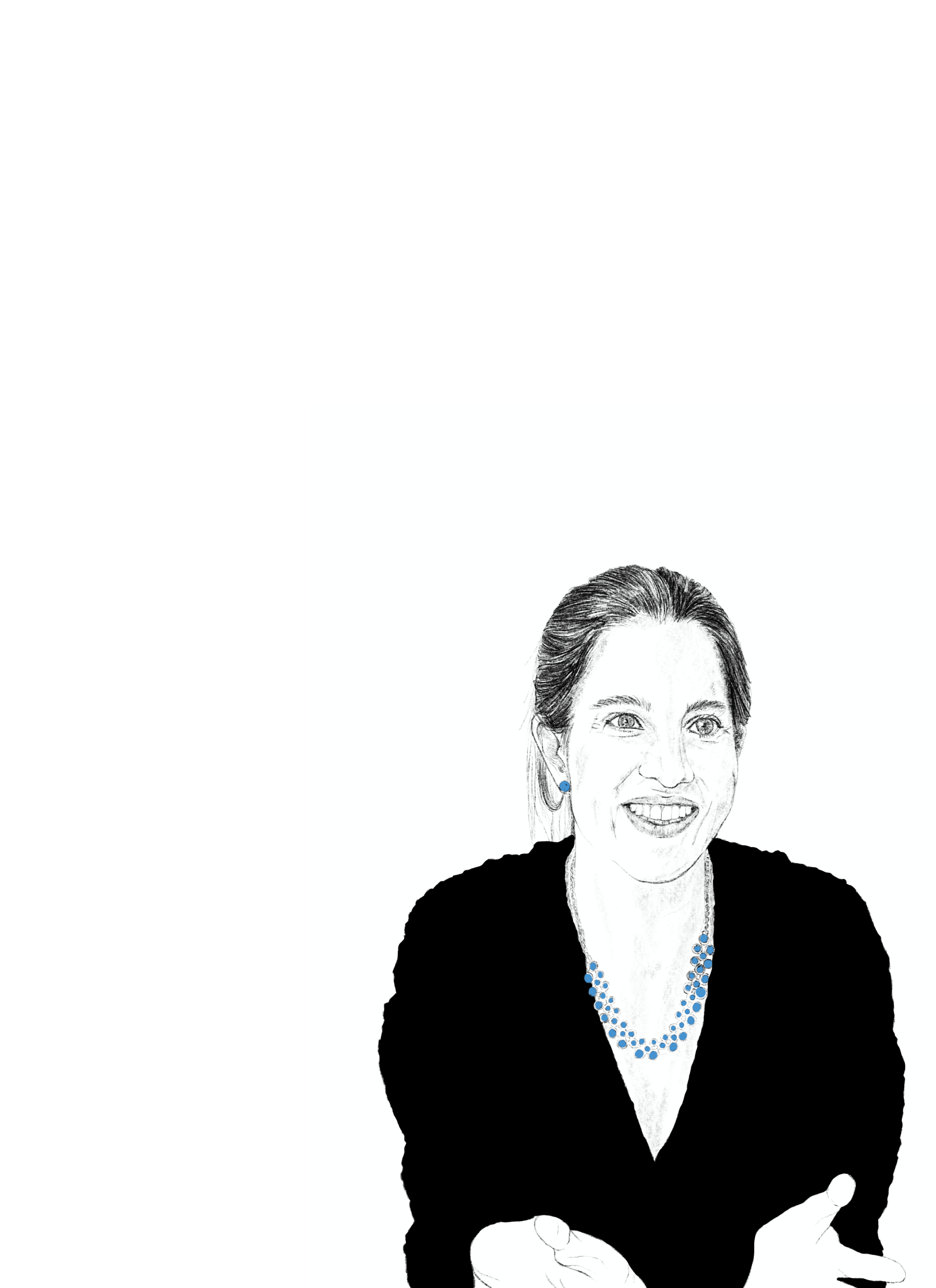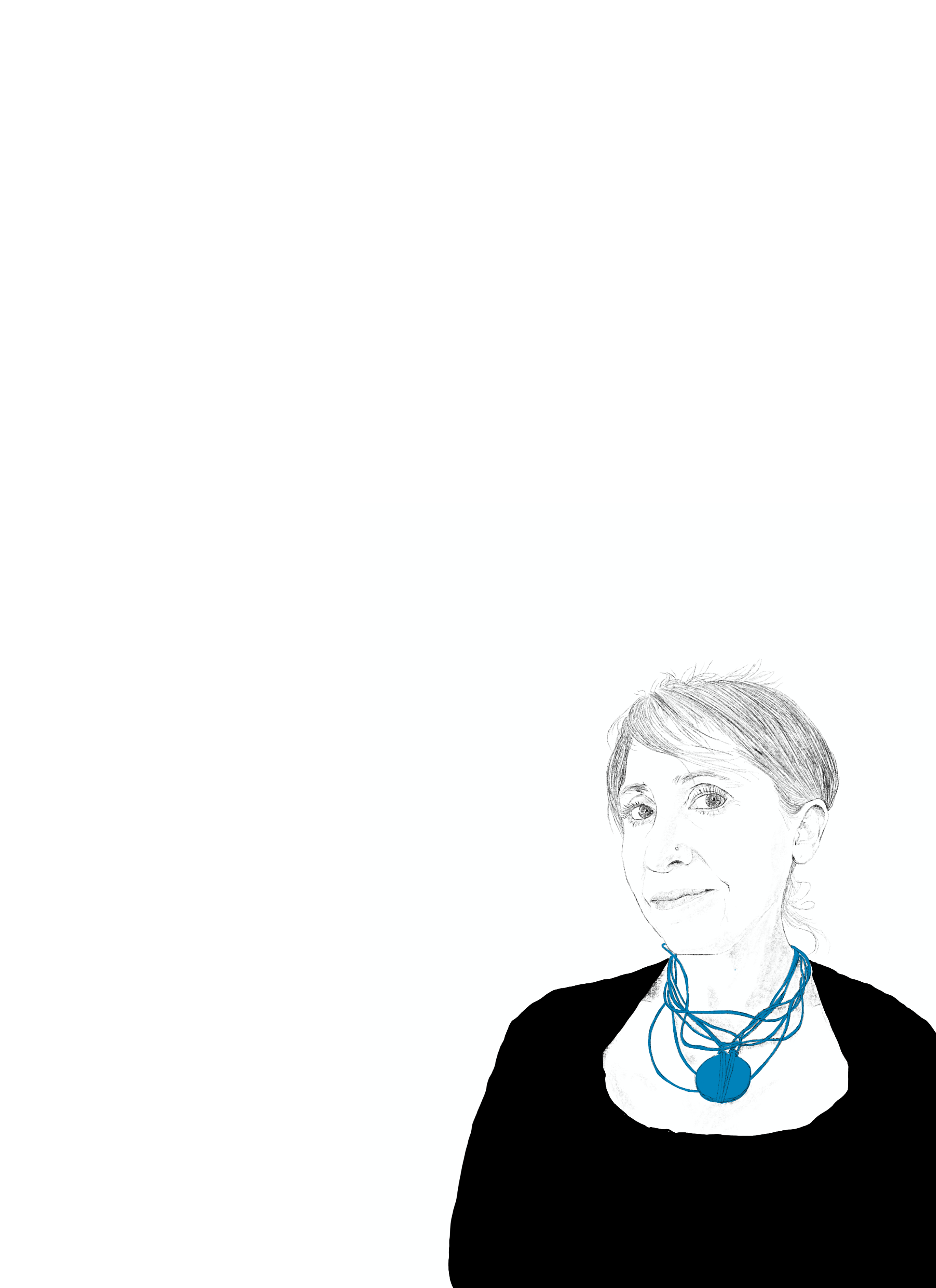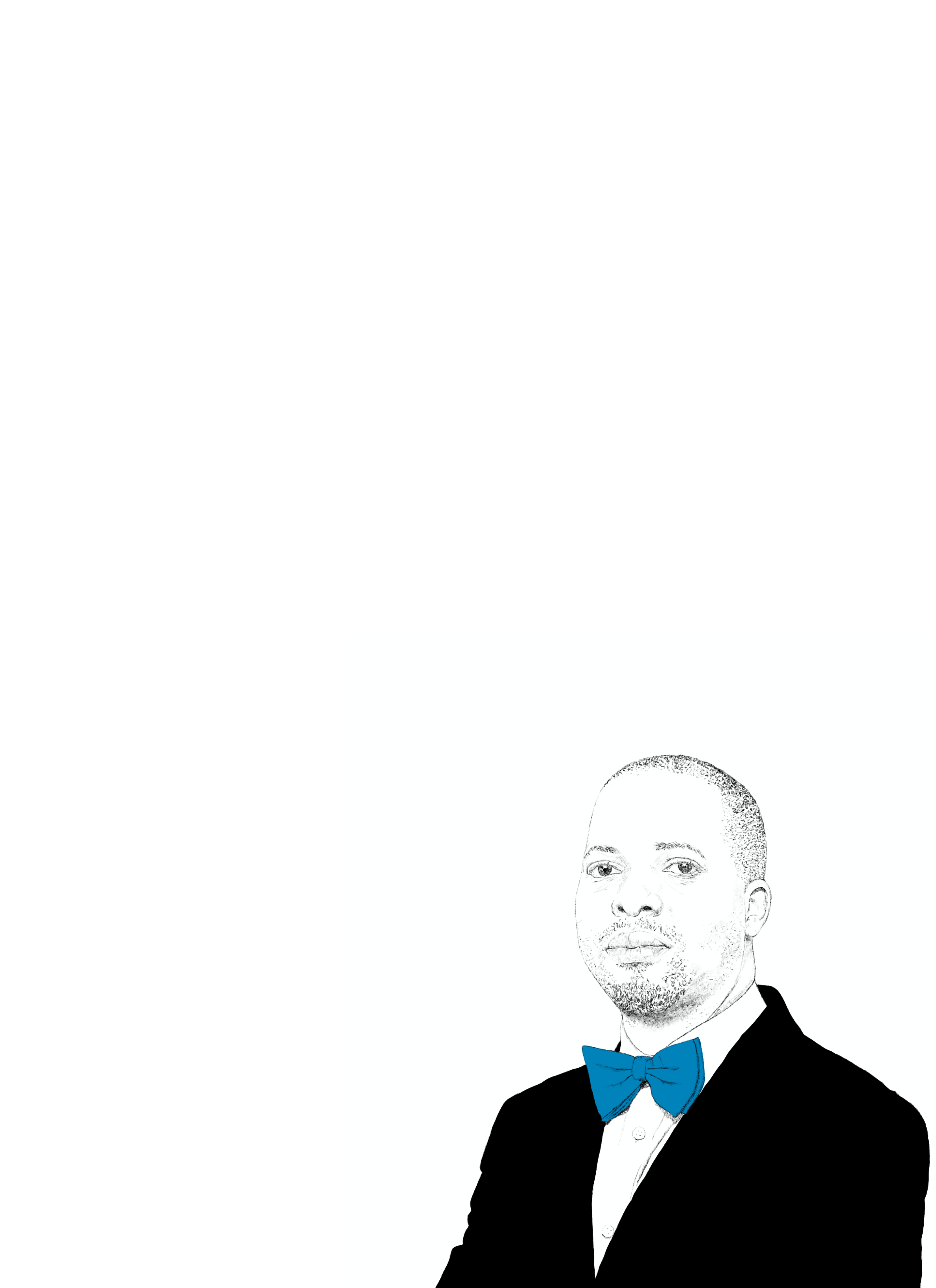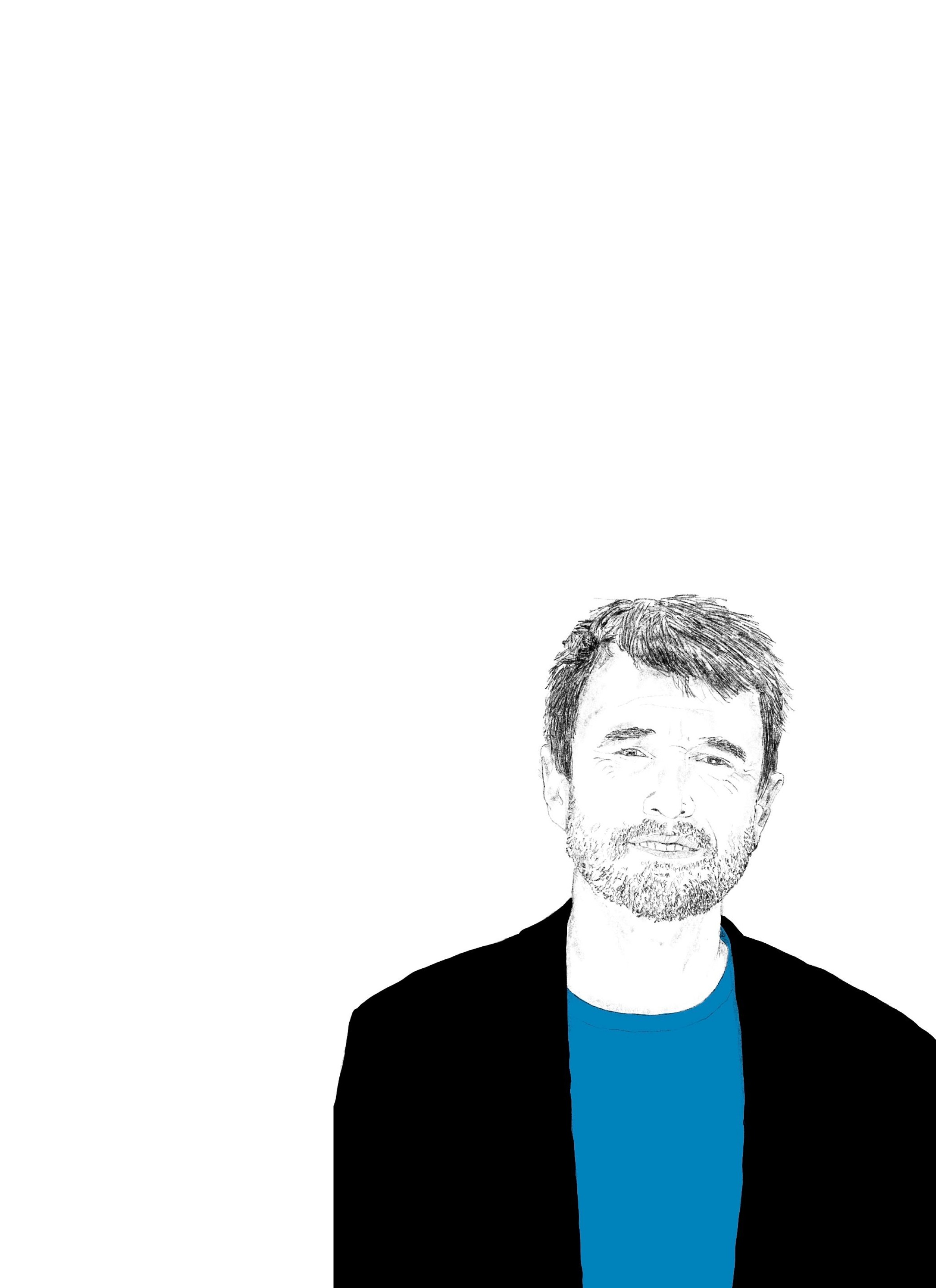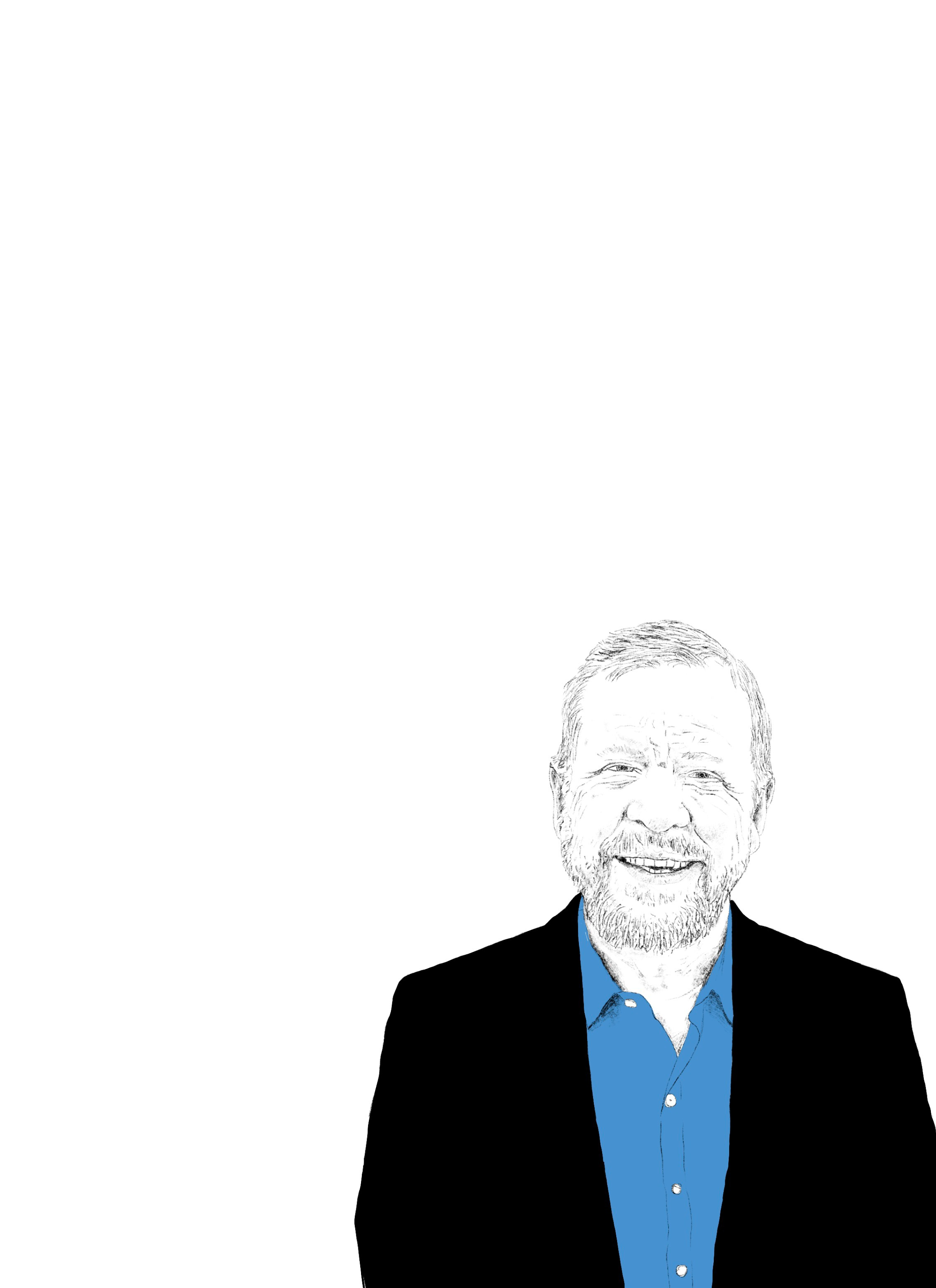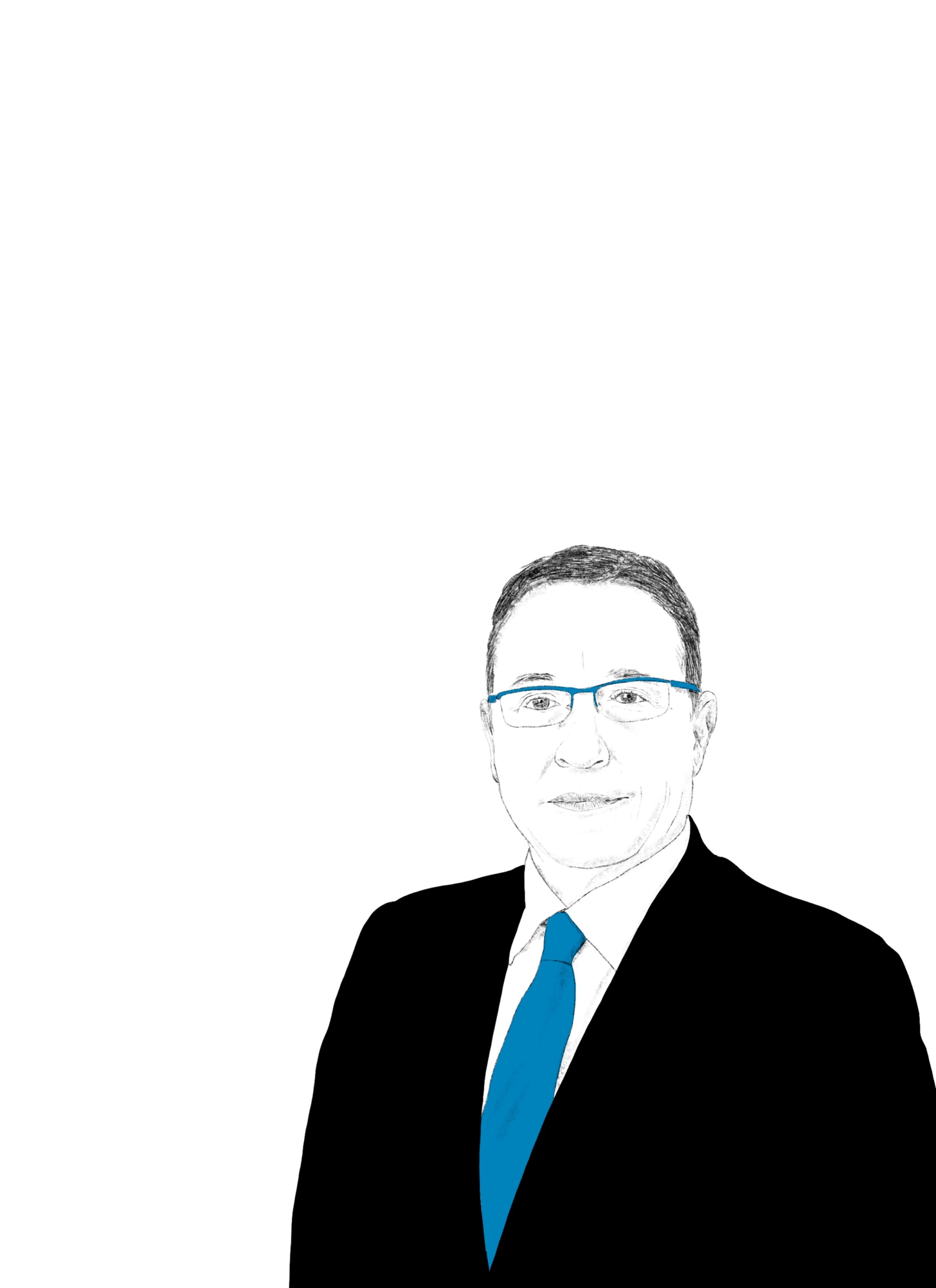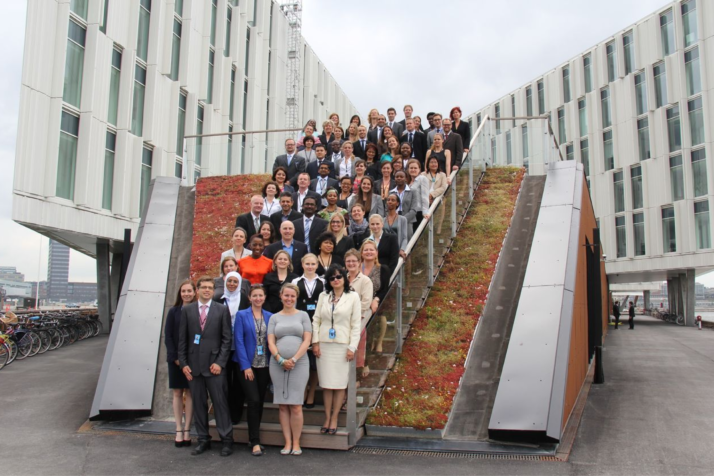Getting unstuck, together.
Unstuck is an exploration journey of the UNDP that brings together public institutions, governments, investors, private companies and independent teams to work together on system and portfolio approaches to 21st-century crises.
From the food crisis & inflation to new conflicts & climate change – the compounding crises feel, and are, overwhelming. Baffled by the complexity, volume and urgency of global issues, modern society is stuck beyond belief.
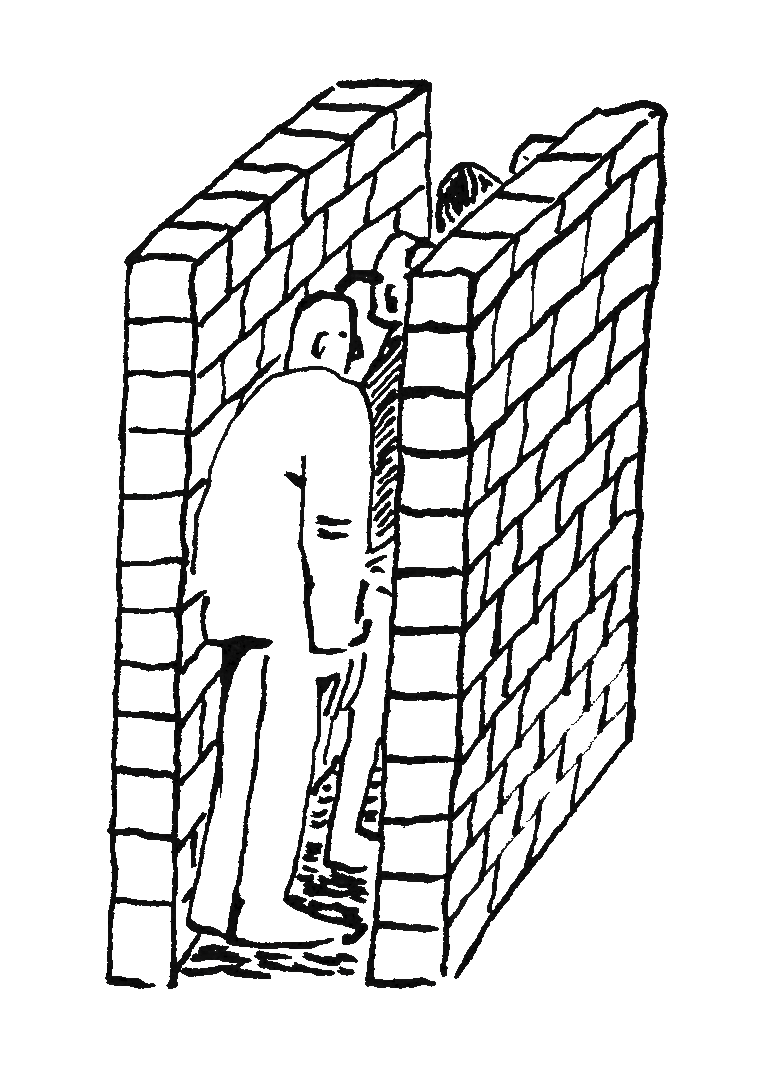
A multiplicity of crises is converging on us with no end in sight, with most resources going to short-term relief and quick fixes that satisfy political expediency but often only perpetuate the status quo. Over and again we find that there are no shortcuts or silver-bullet solutions that can untangle the interlinked emergencies that the world is facing.
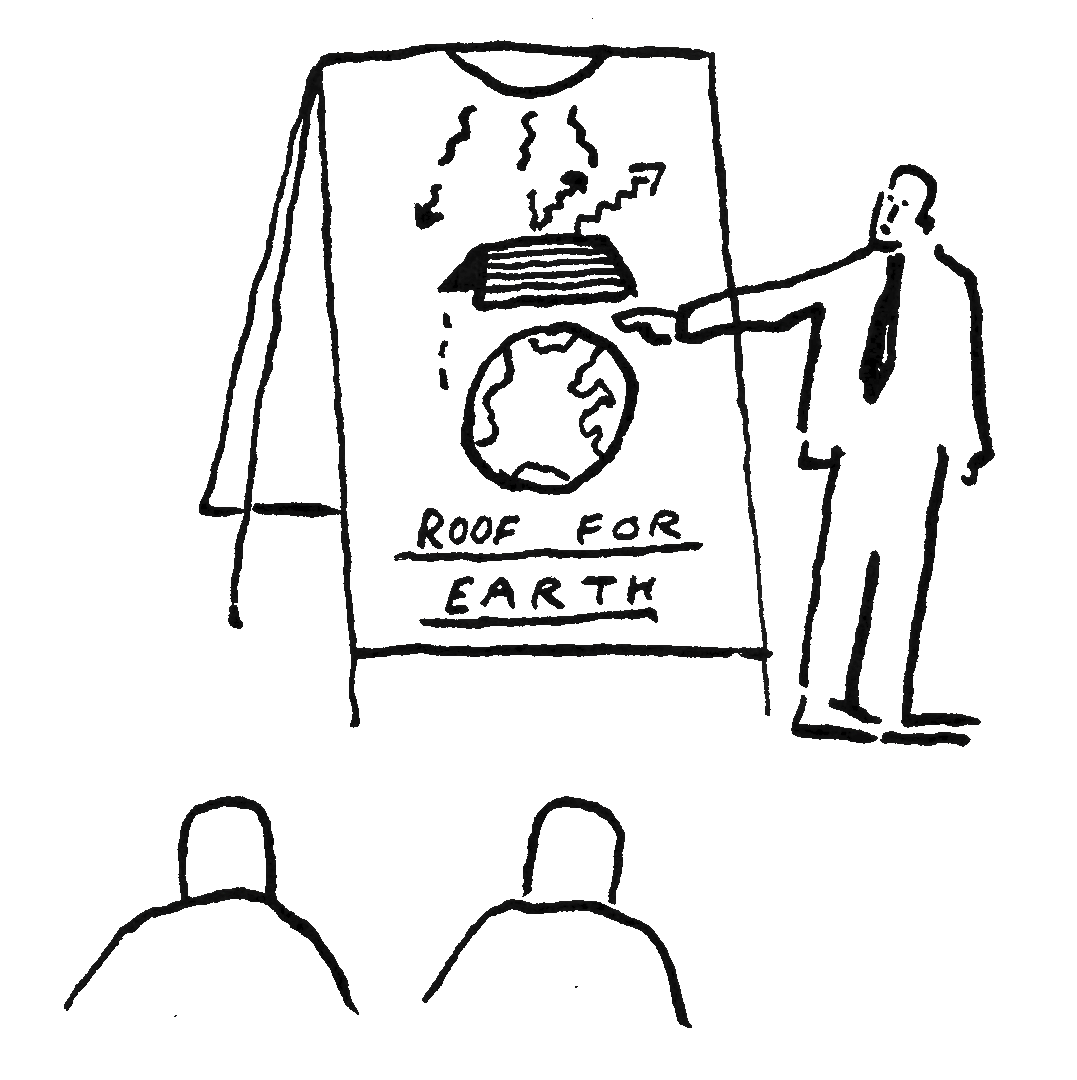
At the UNDP, we feel it’s time to start shaping a different way of thinking. We’re nurturing a network of like-minded system-focused doers who are willing to explore ways of reforming the current systems and habits that got us stuck in the first place.
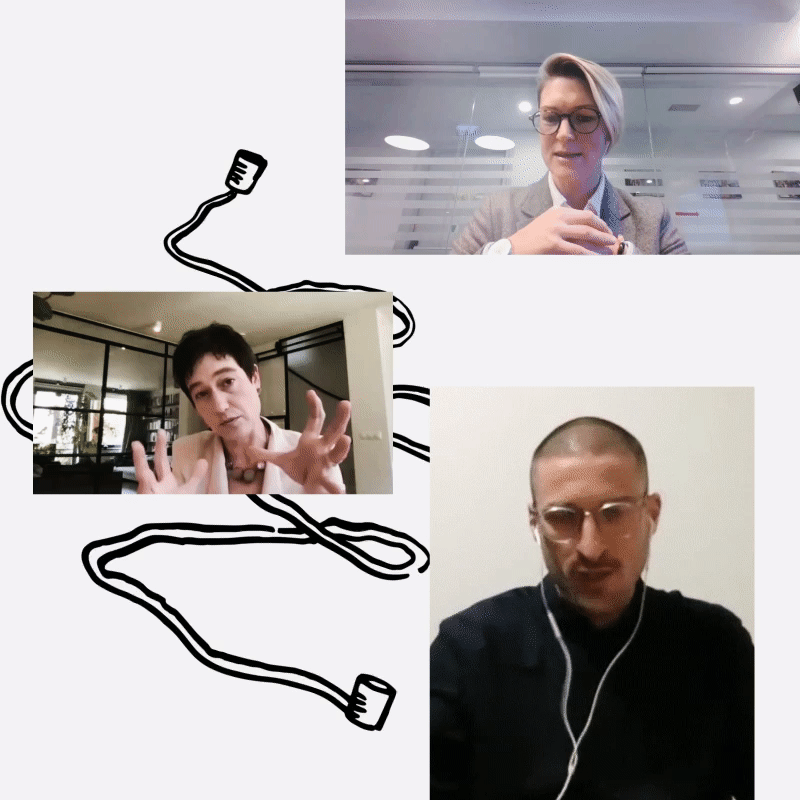
With the generous support to the UNDP’s Innovation Facility by the Danish government, we’re designing Deep Demonstrations as a vehicle through which we engage with governments and partners around the world to explore opportunities for transformation by pursuing system and portfolio approaches.
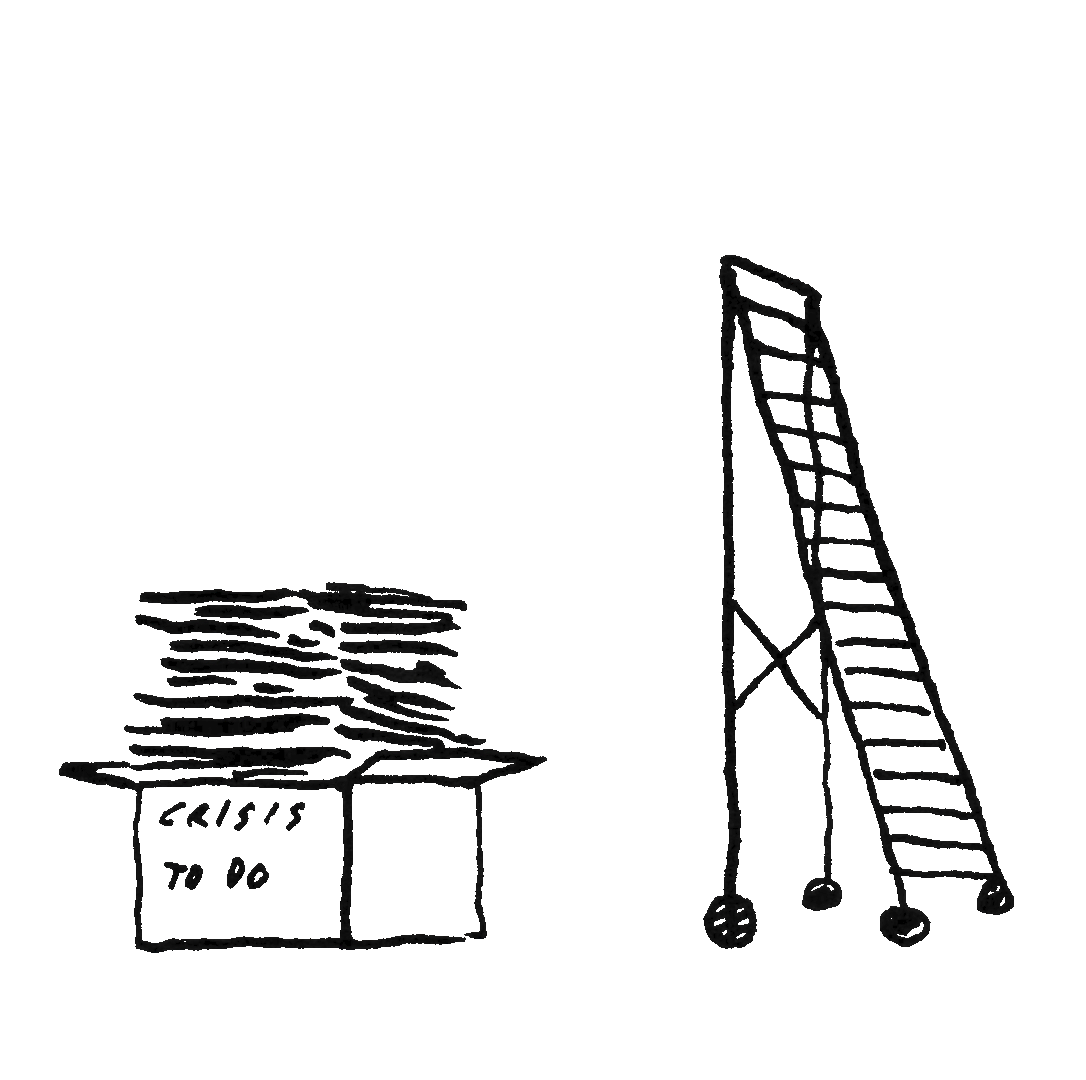
We want to share our notes from the field and invite new organisations and teams across the globe to join us in search of new approaches to the unprecedented global issues we’re we’re all facing. We think that only through empathy, connection, local knowledge and grounded imagination, can new stories emerge.
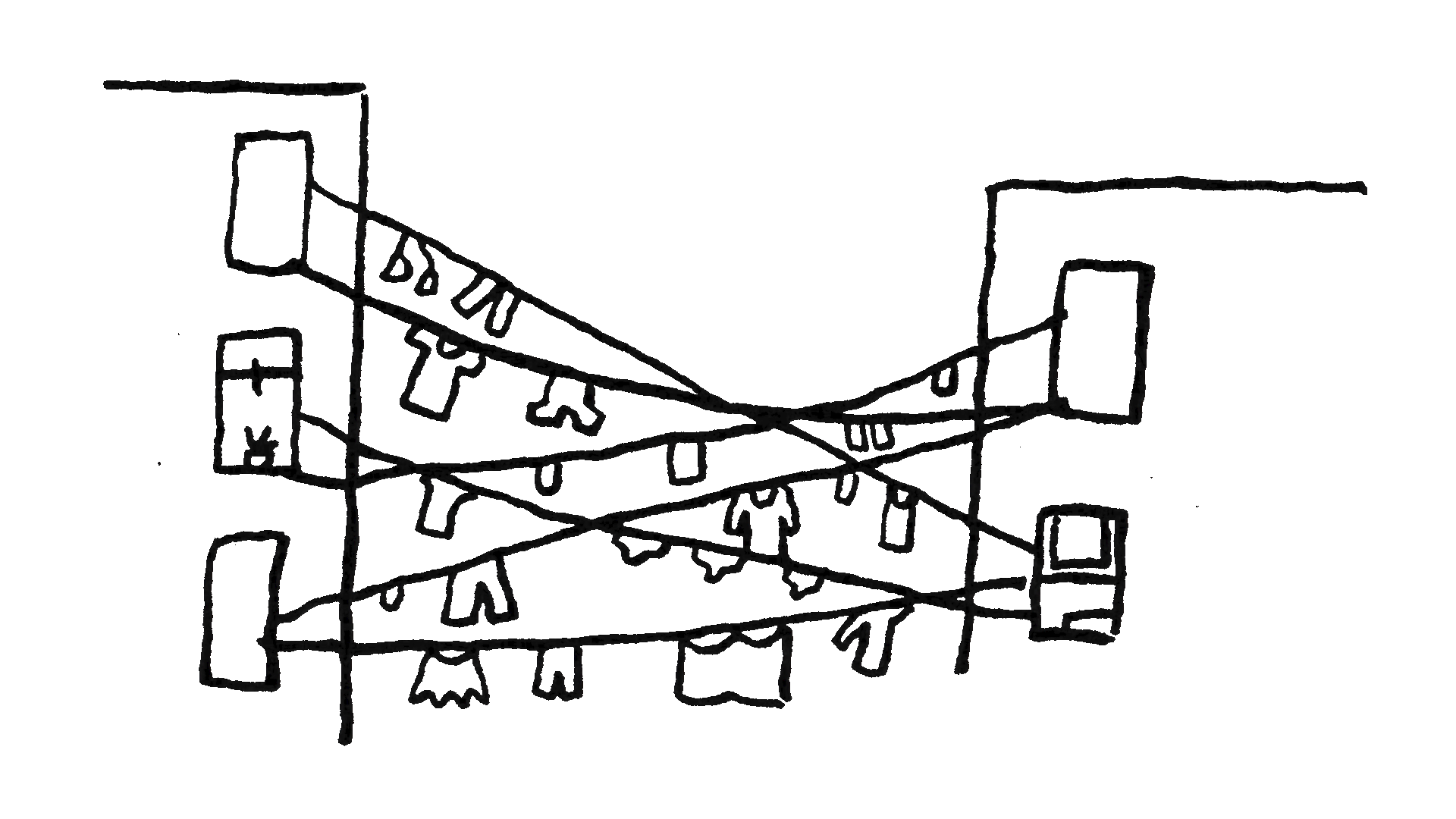
Let’s explore together how systems and portfolios can help tackle complex development challenges.
Getting 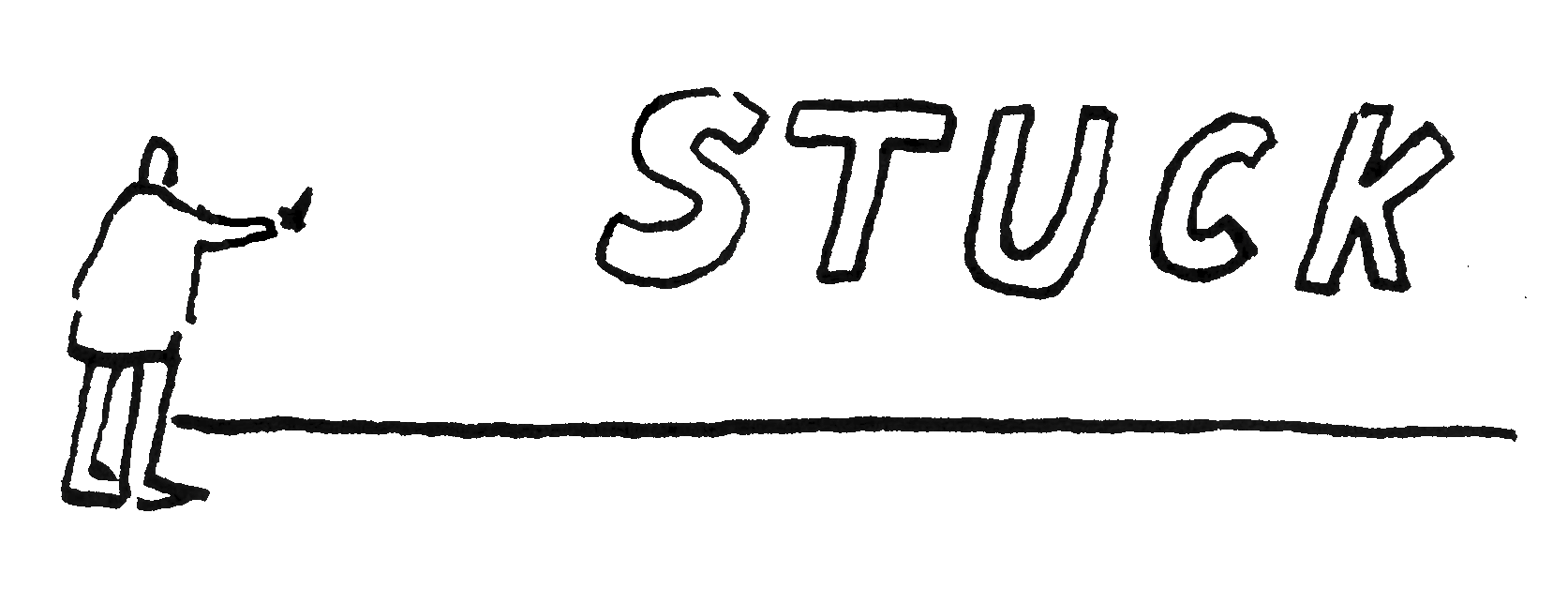 , together.
, together.

Briefings from the trenches
How does your institution make decisions when everything feels overwhelming? How does your team approach complex policy challenges? Unstuck briefings are a compilation of the first steps that organisations and teams like yours are taking to get things unstuck.
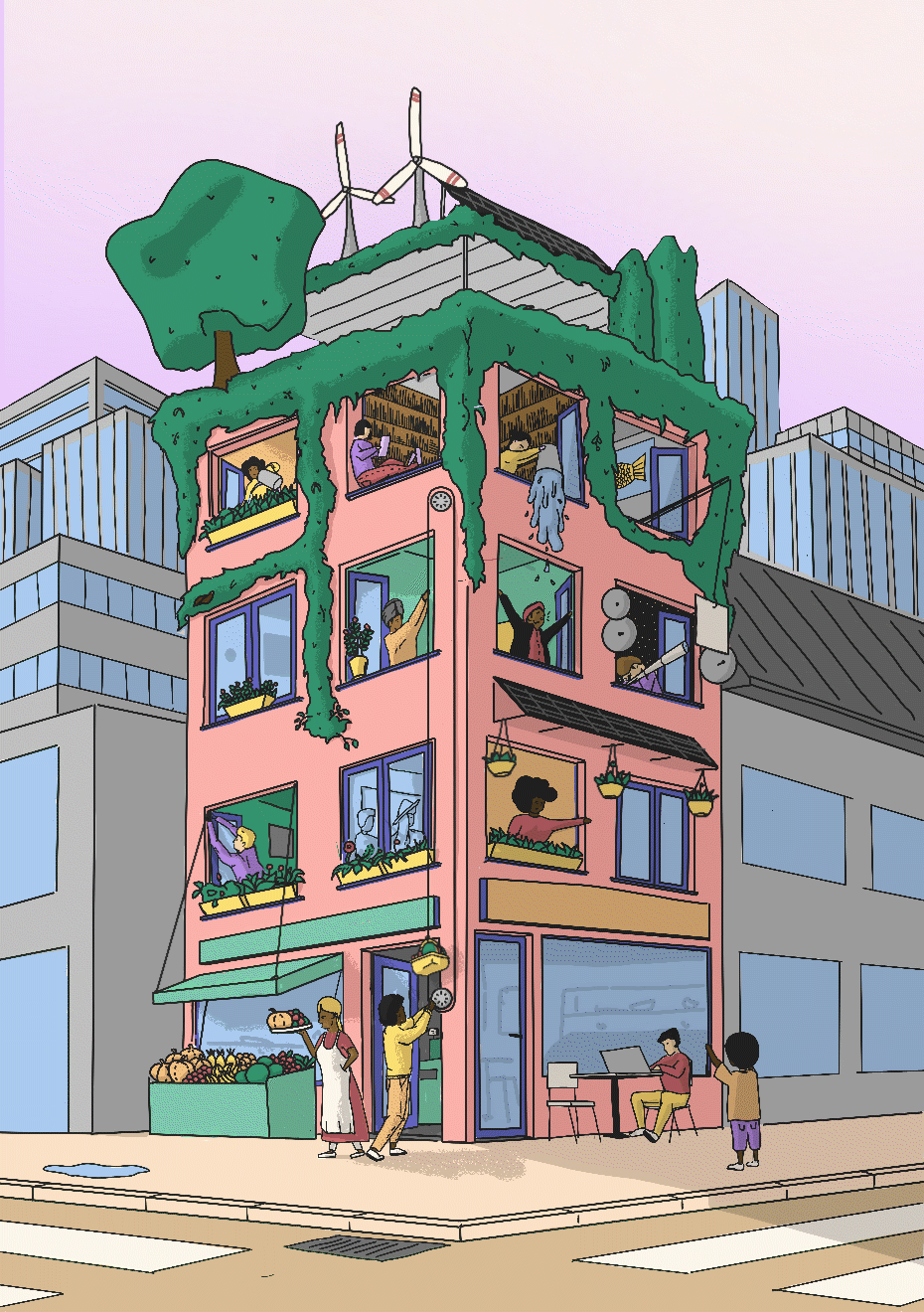
Getting cities unstuck
See both timeless inspirations and new ideas on how to consider urban transformation within its various contexts.
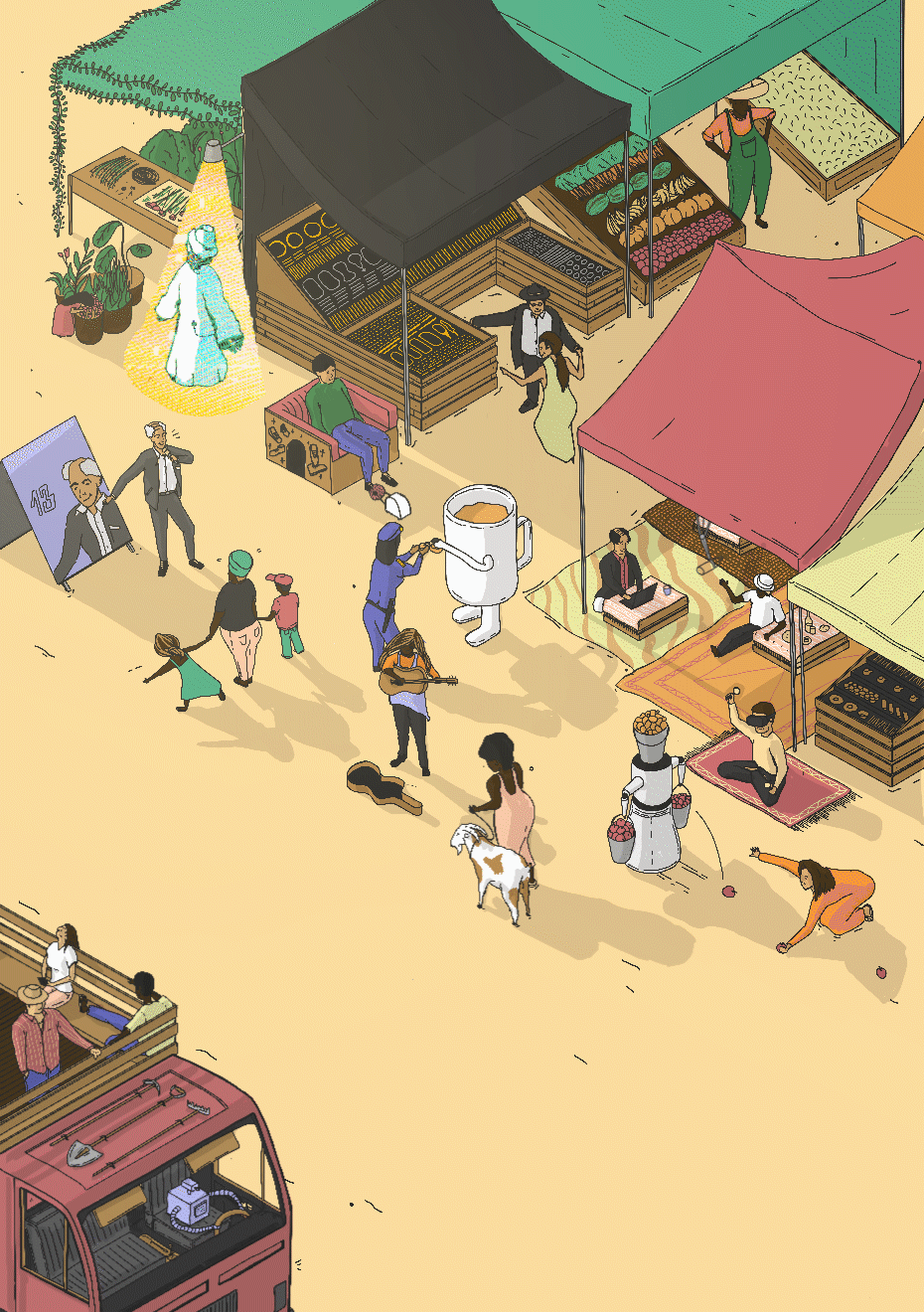
What is the future of work?
What does the future of work mean for different regions of the world? Get an overview of the new ways of working, and what impacts them.
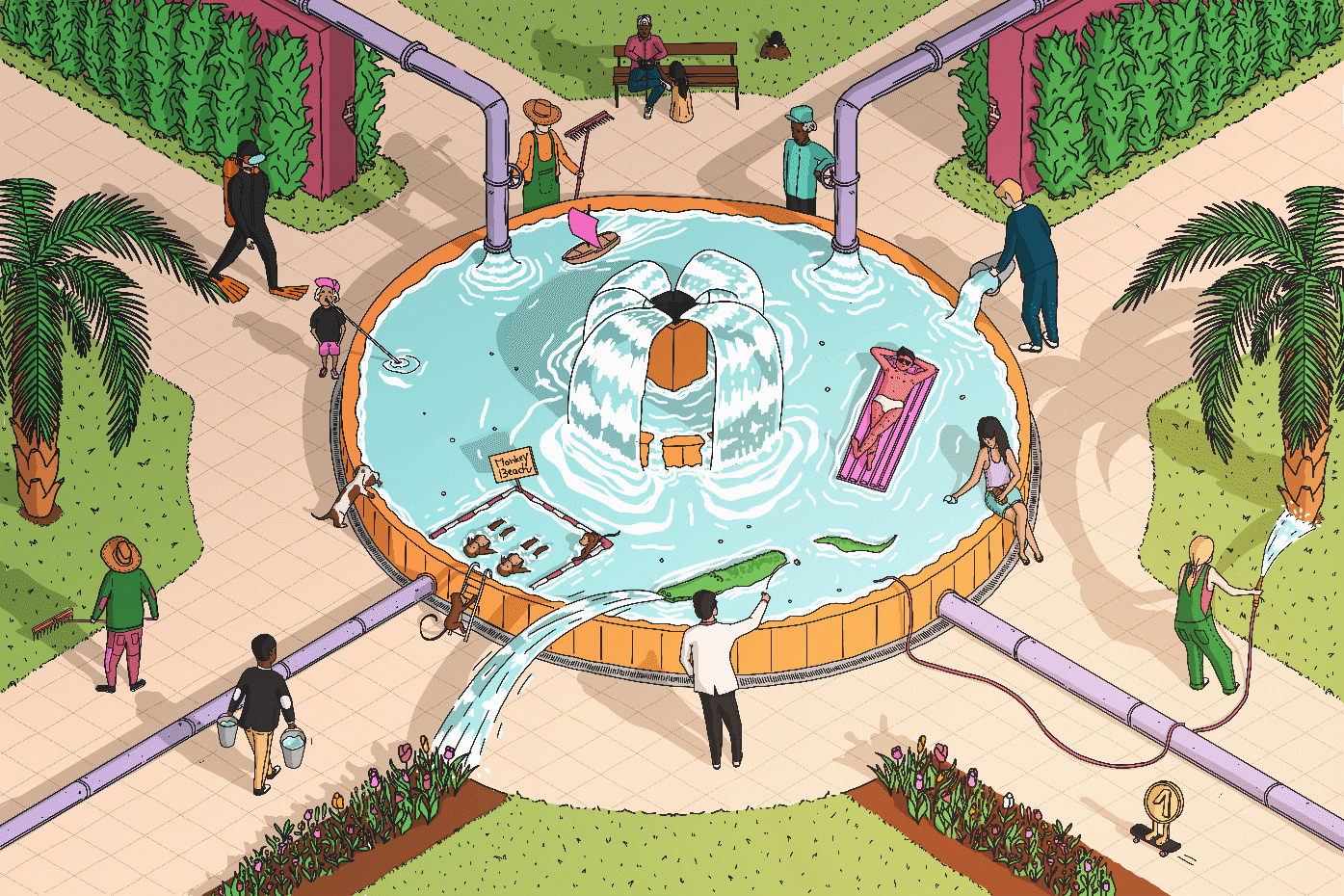
Financing system change
Most development finance is biased towards single-point interventions and project-based finance. Read insights on why this approach is putting the brakes on real change, and why funding that supports systemic change is needed.
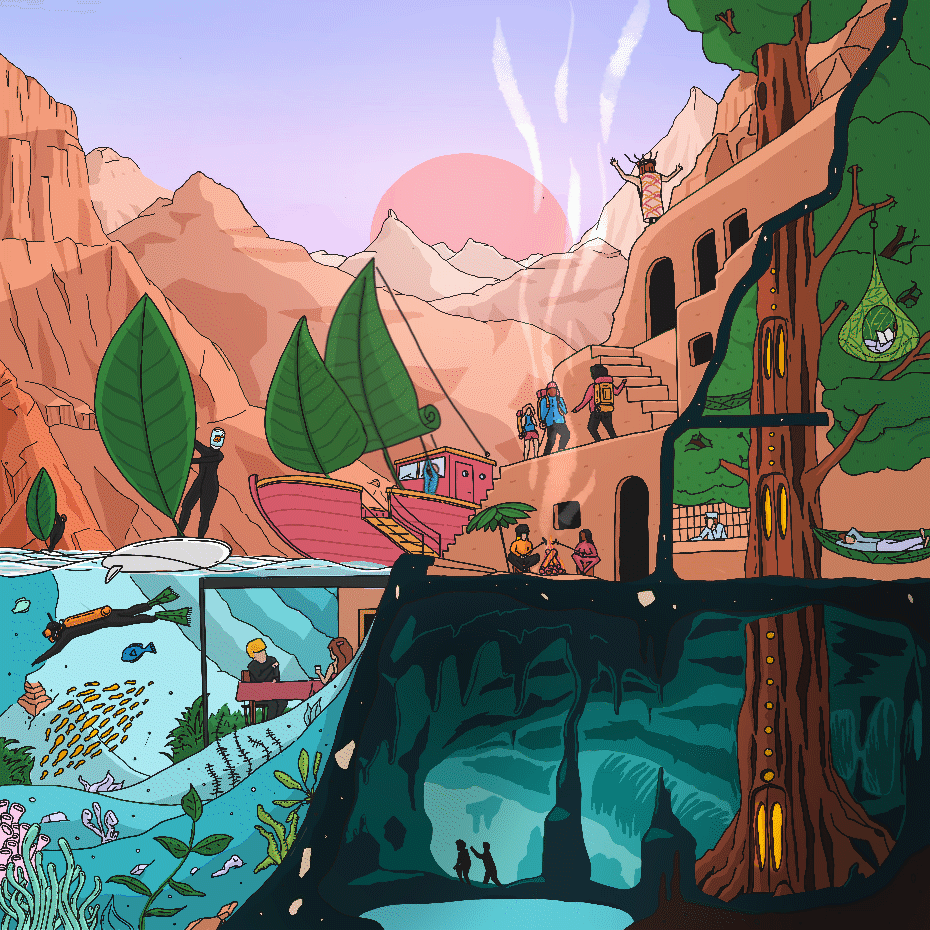
What makes tourism sustainable?
The pandemic stopped tourism in its tracks across the world. Now that it’s getting back on its feet, learn the options for starting over in a more invigorating and conscious way.
Notes from the field
A mosaic of stories: interviews with systemic doers, essays from their changing domains and field observations from our daily work.
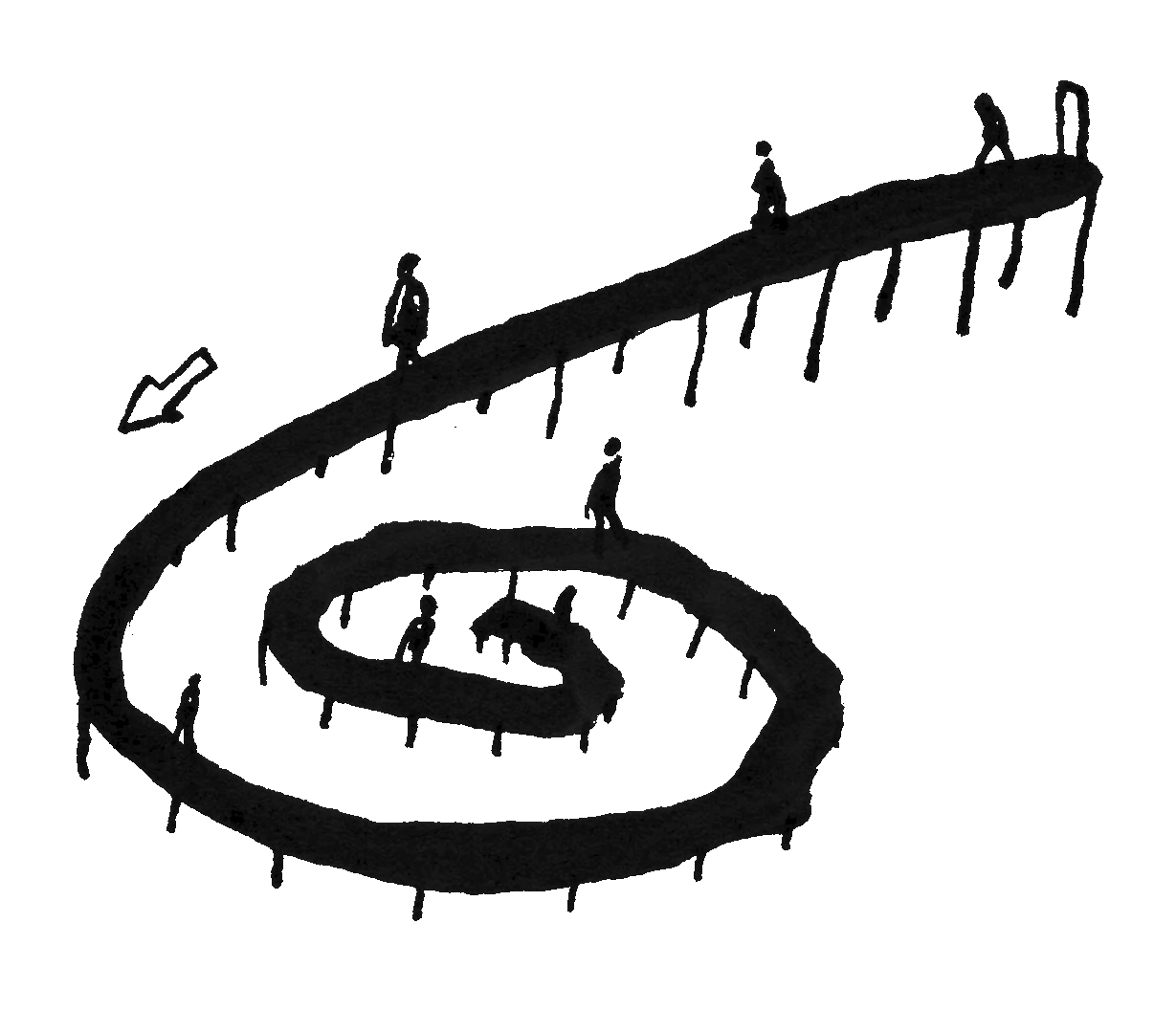
Connect with your peers around the world
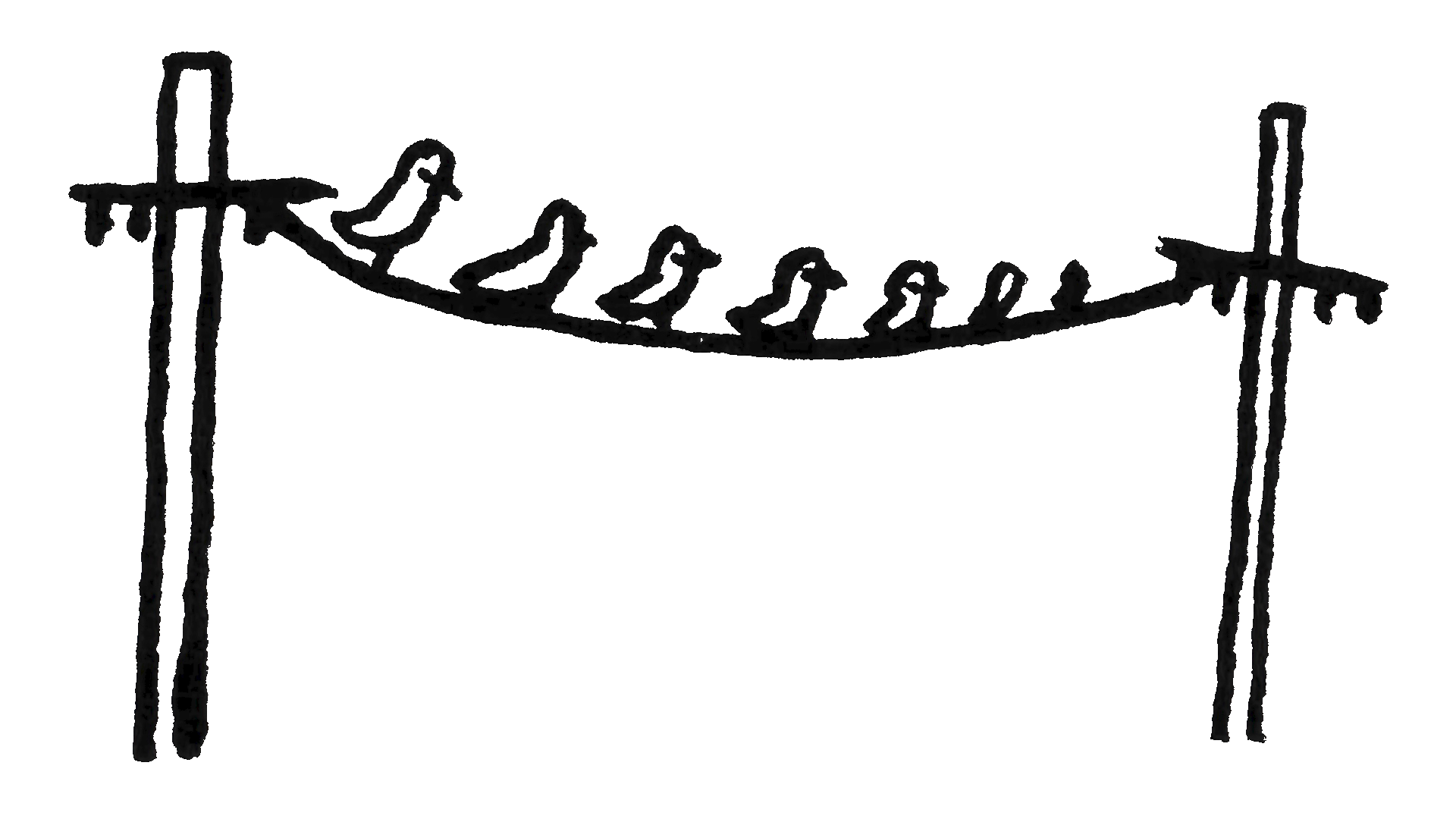
Want to get unstuck, but unsure where to start? Connect with teams from other organisations and explore new approaches to complex policy challenges in urban transformation, governance, world of work, climate, poverty and more.
We’ll be happy to collaborate and jointly find ways to get unstuck.
Start at hello.unstuck@undp.org
Or drop us a message hereUnstuck is an exploration journey of systems and portfolios in development, initiated by the UNDP’s Strategic Innovation Unit.
This work is a result of collaboration between governments, investors, communities & peer organisations.
Unstuck is one step of the way to transformative change.
The UNDP’s strategic plan calls for moving beyond sectoral challenges to explore opportunities for transformative change. The unstuck initiative responds to this call by bringing together governments, public institutions, communities, independent teams and investors to explore how systems and portfolio approaches can help achieve that transformative change:
Sustainable Finance
Uniting countries to initiate systemic changes in public and private finance.
Digital Development
Using advancements in technology to deliver impact for communities.
SDG Integration
Implementing integrated solutions to respond to complex development challenges.
More from the
Strategic Innovation Unit

Navigating the Tides of Change: MEL in a World of Funding Cuts and Uncertainty
Author: Suzane Muhereza
Aug 04, 2025 / Read More

IID: Institutions for a world in flux
By Xoan Fernandez Garcia, Millie Begovic, Irena Cerovic, The Institutional Architecture Lab (TIAL), and Demos Helsinki
Aug 04, 2025 / Read More

Embracing complexity & system innovation
Practitioners and thinkers working on system transformation discuss how change happens, how to build adaptive strategies and how to embrace the unknown.
MORE INFO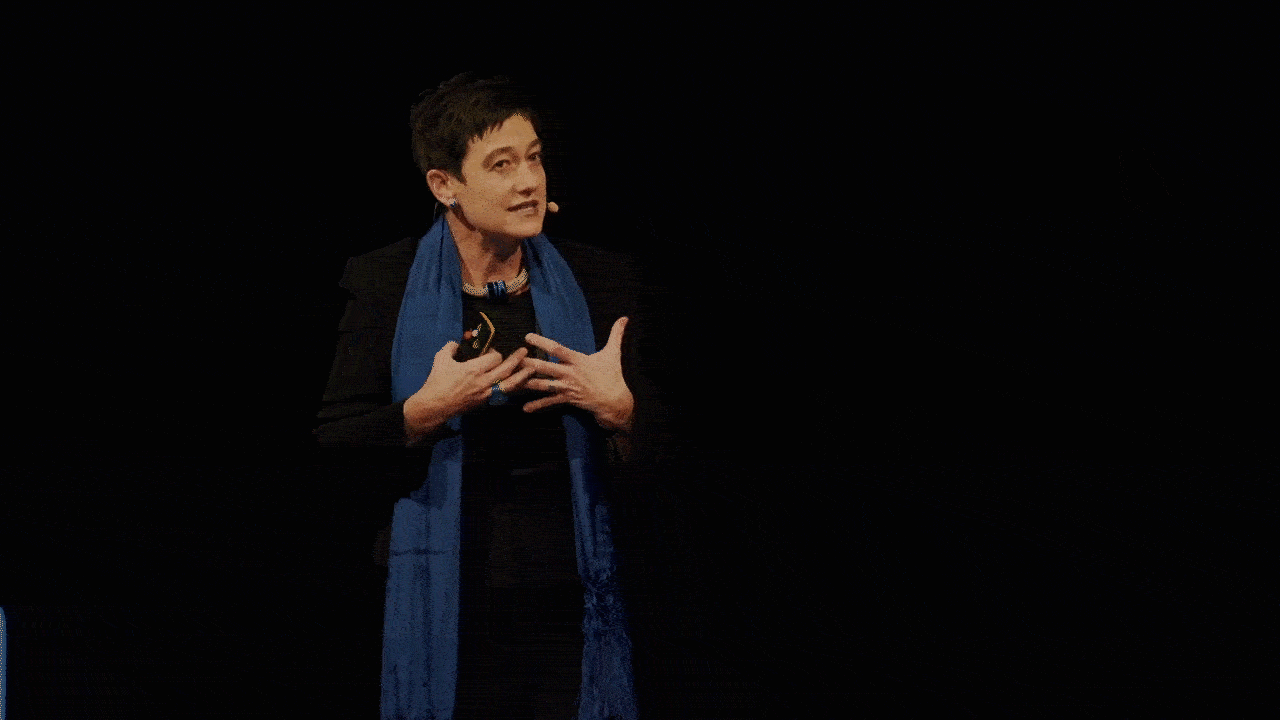
Innovation as if the future mattered: TEDx talk by EIT Climate-KIC CEO
Dr. Kirsten Dunlop, committed to developing and implementing innovation to catalyse profound systemic change, addresses innovation.
MORE INFO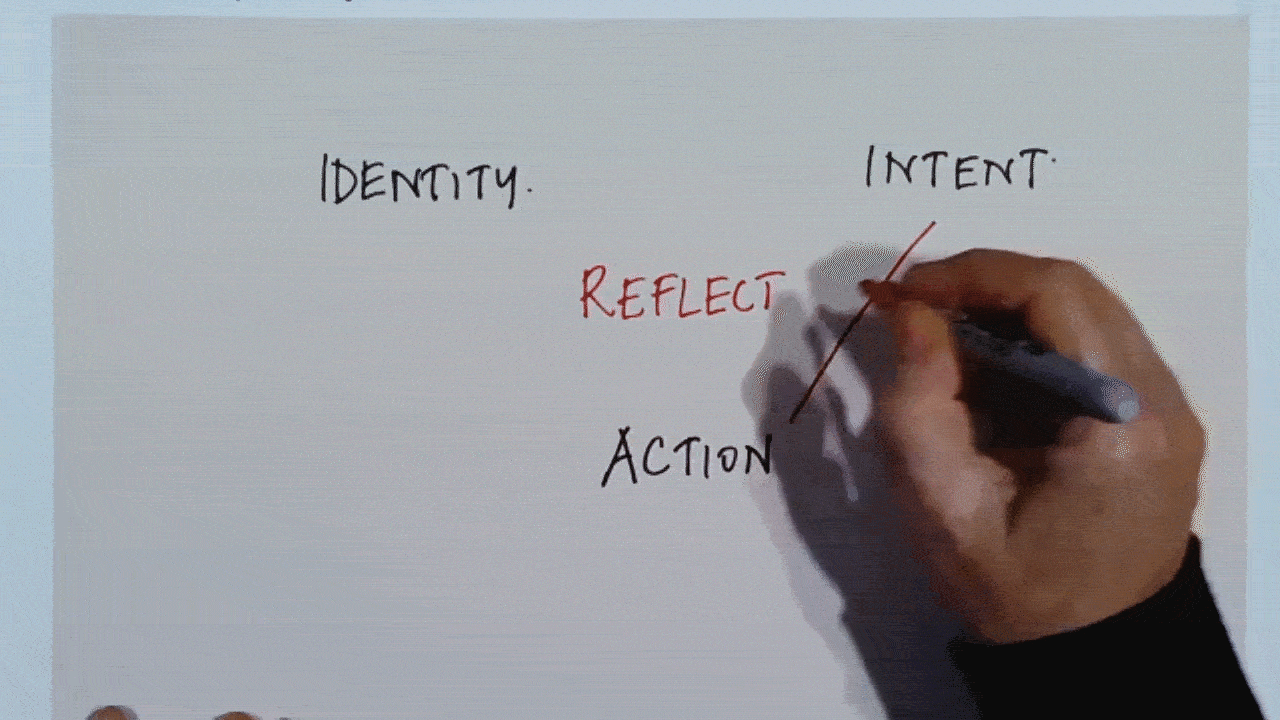
System innovation on purpose
How do systems acquire a radically different purpose and how do system innovators go about developing a new purpose for an entire system?
MORE INFOFollow Unstuck
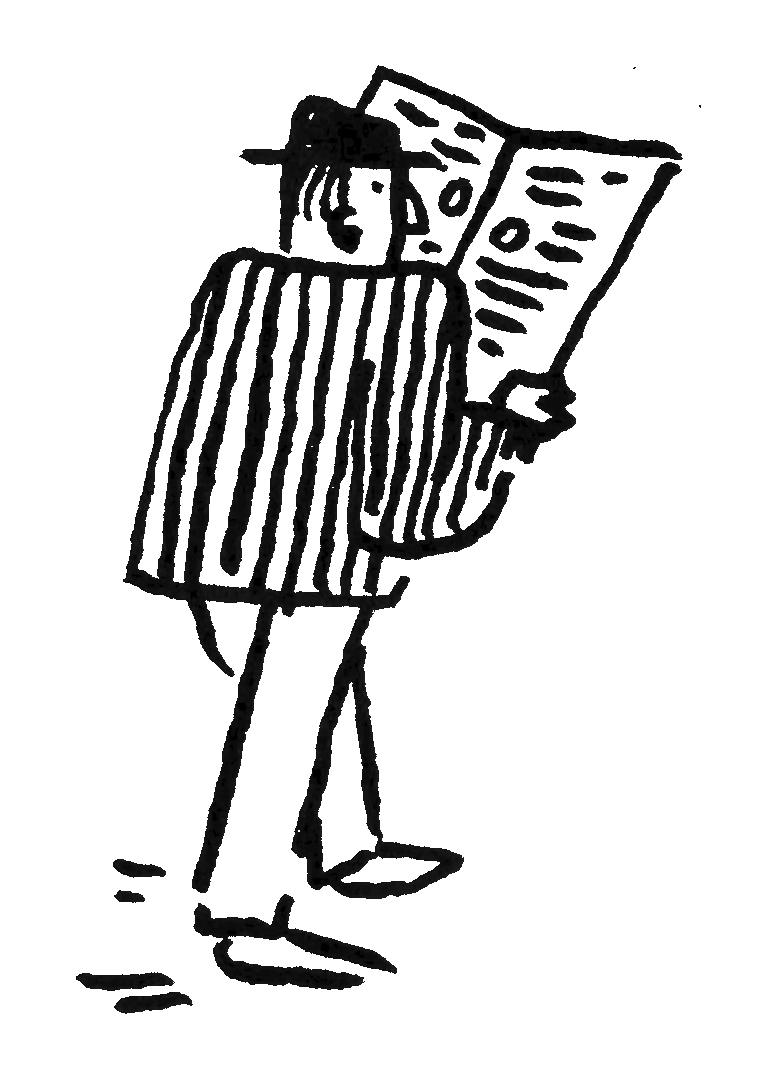
We’re pooling together a network of organisations and teams to work on the biggest 21st-century challenges.
